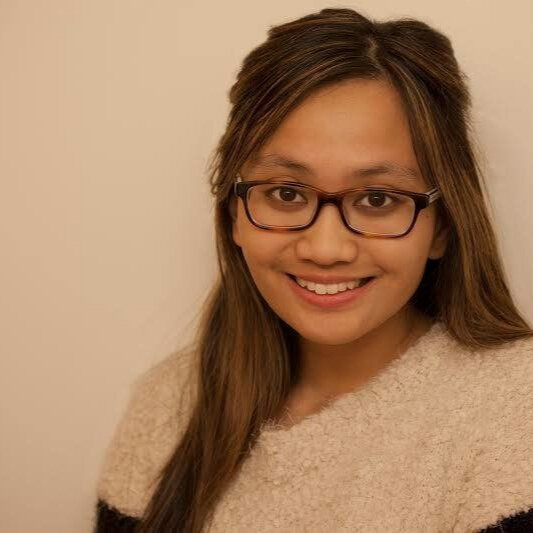The balm for this difficult year can be found in the pages of Departure From the Darkness and the Cold: The Hope of Renewal for the Soul of Medicine in Patient Care (Universal Publishers) by Lawrence J. Hergott, MD. This collection of essays and poems seeks to renew the “soul of medicine,” constantly being threatened by competing pressures commodifying medicine. Both a retreat and a back-to-basics call for engagement, Hergott’s poignant writing confronts the most unifying themes of humanity: purpose, loss, connection and more.
In the essay “The Time of the Three Dynasties,” Hergott reckons over the tragic death of his farmer brother-in-law, comparing the similarities of his hard labor and work/life imbalance to a life in medicine. The lives of him and his medical colleagues are prestigious but not free from heartbreak: a letter from a neglected daughter, a distant spouse, never making it home before the 10 p.m. news are the emotional fall-out from a life of clinical commitment. He confronts fellow physicians with difficult questions such as “How much work and reward are enough? How much is too much? Who has control? Do we know the real cost? Who pays the price?”
In the tender poem “Loving Her,” a patient visits his late wife’s grave daily. The visit is more event than chore, more conversation than monologue. This is a clinical encounter with “clinical concerns aside,” where a physician is simply happy for his patient and the content days he spends “near her, or what was left of her, in the ground and in his heart.” The poem is a testament to really listening and knowing who and what is important to a patient, a person with a life outside the exam room that a physician can only begin to fathom.
Lawrence J. Hergott, MD, author of Departure From the Darkness and the Cold: The Hope for the Soul of Medicine in Patient Care
Similarly, in “The Absence of Something,” the grief and loss patients experience are no different than that experienced by physicians. Hergott is able to relate to his patients’ losses because he too has suffered an incalculable one—the death of his son. “While the circumstances of our loss are uncommon, our suffering is not extraordinary.” He has learned of the “different kinds of absences,” like the loss of personhood in dementia or stroke, committing to always attend to these absences like physiological maladies.
The author delivers hope and reassurance to the surgical patient in the poem “A Small, Sacred Space.” He weighs the post-surgical outcomes of normalcy, complication, and tragedy all with loving promise. “You will wake up to no difference between who you are and who you are.” A humanistic take on the informed consent conversation, he insists, “You will not be alone. You will not be apart.” Rather than instilling false hope, Hergott offers love no matter the result.
In documenting his own lessons and heartache in medicine and in life, Hergott offers a manual of wisdom to fellow physicians on how to humanize themselves, their patients and one another. Each poem and essay is a portal into how to frame issues in medicine in ways that can rejuvenate and tackle the burnout that is so widespread to the profession. Medical students, trainees and seasoned physicians alike can all encounter self-transformation in this poet-physician’s timely collection.—Angelica Recierdo
Angelica Recierdo
Angelica Recierdo works as a Clinical Content Editor at Doximity in San Francisco, CA. She received her Bachelor of Science in Nursing from Northeastern University and her M.S. in Narrative Medicine from Columbia University. Angelica was also a Global Health Corps Fellow in 2016-17. She has worked at the intersection of health and writing/communications, specifically in the fields of healthcare innovation, health equity, and racial justice. Angelica is a creative writer, and her work can be found in Intima: A Journal of Narrative Medicine, Literary Orphans, HalfwayDownTheStairs and The Huntington News, among others. Her essay “Coming Out of the Medical Closet” appeared in the Spring 2014 Intima.



